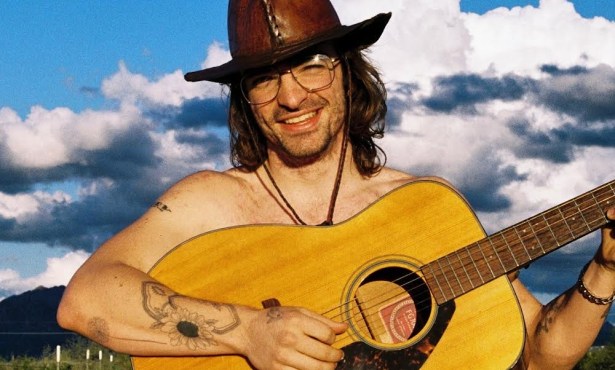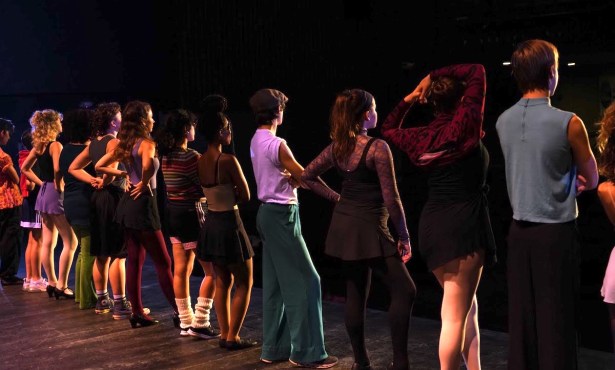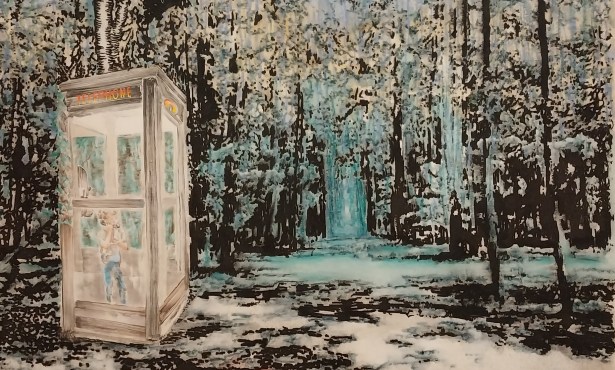Of Gods and Men
Lambert Wilson, Michael Lonsdale, and Olivier Rabourdin star in a film written by Etienne Comar and Xavier Beauvois and directed by Beauvois.

A front-runner in this year’s foreign-film Oscar race—and winner of the Cannes Festival’s Grand Prix—Of Gods and Men is an uncommonly and unexpectedly moving film, partly because its artful design allows it to operate on multiple levels at once. A reality-inspired tale of a French monastery in Algeria, caught up in the waves of terrorist violence in the 1990s, the film deals with historical and daily reality of the monastic life, the tense relationships of intra-religious fervor, and the innate terror of Islamic extremism (in a period pre-9/11) in a country still bitter over past French occupation. On a deeper level, the film touches on the admirable traits of dedication to a higher love, a life of service, and other matters.
Yet in the face of these multiple elements, director Xavier Beauvois manages to keep a sense of balance between the sensory strengths of the film and its functions as metaphor and reportage, incisively juggling the interior and exterior aspects of life at play in the story. Early in the film, we get an all-important taste of the slow, simple feel and fabric of the monks’ existence. Theirs is a life in the mostly peaceable cloister of the abbey and its surrounding fields, involving daily ritual chanting and prayers, working in the fields, selling honey at the market, and tending to the medical needs of villagers in the monastery’s clinic.
Something evil this way comes from the not-so-outside world, with news of a scourge of slit throats and other grisly acts, as tensions rise between revolutionaries and the army during the Algerian civil war. Within the abbey walls, debates and philosophical discussions arise as the monks question whether to stay or flee, whether to risk martyrdom or return to mother France.
There are striking scenes and juxtapositions in this film, which speak to the underlying emotional power of the piece, as when meditative moments within the monastery walls are scissor-cut against shots from inside an army helicopter rattling overhead. Later in the film, the monks quietly sip wine and listen to Swan Lake with tears welling up in their eyes, tears for themselves and for humanity. Potent filmic memories are made of this.



